The leaders of Britain and France announced details of their "one in, one out" migrant returns scheme at the end of a three-day state visit from French President Emmanuel Macron to the UK.
On Thursday (July 10), the leaders of Britain and France unveiled a "pilot" program to return migrants arriving in the UK on small boats in return for allowing other migrants to enter the UK in a safe manner.
According to Starmer, the program would be implemented in the "coming weeks."
Starmer explained that any migrants crossing the Channel to the UK would be "detained, processed and returned in short order." A different individual, the Prime Minister continued, would then be allowed to enter via a "safe and legal route." Importantly, added Starmer, this route would "only be open to those who have not already tried to enter the UK irregularly."
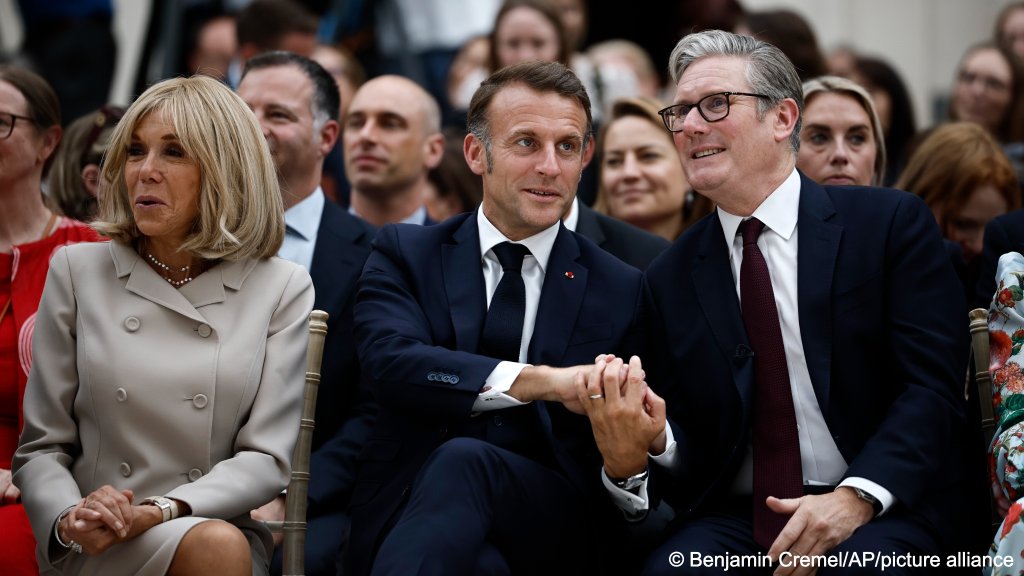
Starmer added that alongside this exchange pilot, the UK was making sure that the jobs for which some migrants were entering in the hope of getting "would no longer exist," because his government had launched an "unprecedented crackdown" on illegal working.
Macron emphasizes security and defense, migration comes last
Starmer said that it was important to continue to accept those "in dire need" and to work with partners, as without that collaboration, it would be impossible to solve the situation in the long term. He added that the French authorities had promised "subject to their ongoing maritime review" to look at the possibility of intervening to stop boats in shallow waters.
Together, said Starmer, we will "break the gangs' business models, and work to secure our borders."
In Macron's analysis, the increase in the number of people crossing the Channel in small boats was caused in large part by Britain's exit from Europe, because, in pursuing Brexit, explained Macron, to the assembled press gallery, the UK had exited all forms of return agreements it had with the EU.
Before addressing aspects of the new agreement, Macron underlined how much progress the French authorities and existing agreements between the two countries had already achieved in tackling migration.
"We have closed off the road and rail crossings," Macron reminded the press. However, he conceded that since January, "changing tactics from the smugglers, in particular the use of 'taxi boats," meant that the French authorities needed to adapt their response too.
Migration causing tension in France too
In answer to one question from the Times, Macron reminded journalists of the "tension" and impact that migration was causing in France and, in particular, to the French towns like Calais and Dunkirk on the coast, which had large populations of migrants living there.
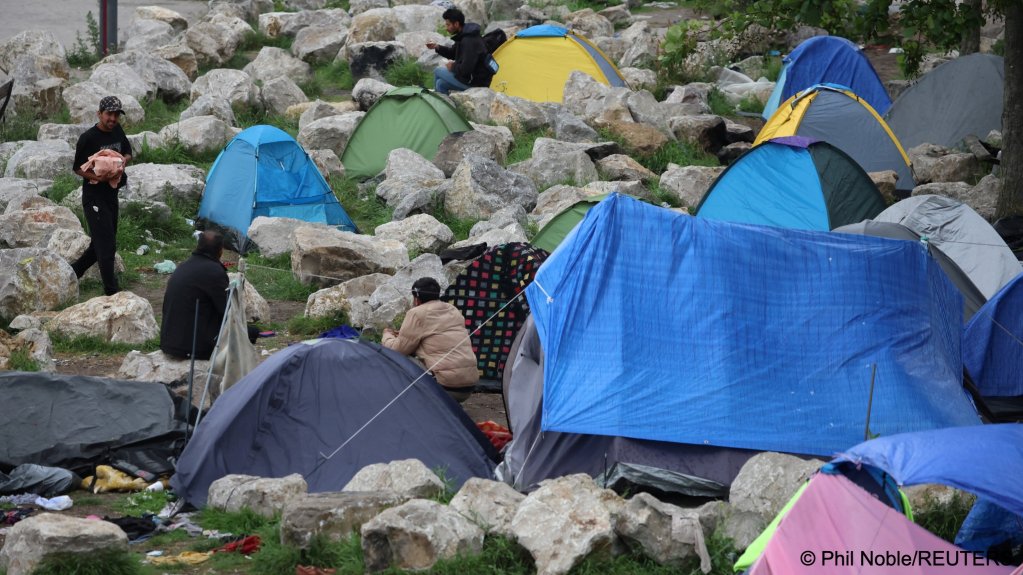
He said the new pilot scheme would be "subject to legal verification by the EU," and mentioned in particular partners like Greece, Italy and Spain. He said that the maritime agreement between the two countries had agreed to "better share information in order to fight the smuggling gangs," and would serve to "intensify action on migration in countries of origin and transit."
Macron underlined the joint task force that had already achieved results following the UK agreement in Iraq.
Macron underlined that for every pound of British money the French were accepting to tackle migration, they were putting in three euros to secure the borders.
"France cannot become a receptacle for people refused entry in other countries," said Macron. He emphasized that the pilot would go ahead only in collaboration with the rest of the EU. He added that he believed one-third of migrants in the Schengen zone were actually people who hoped to reach the UK eventually.
Read AlsoCalais: Judge dismisses request by associations for trash collection in migrant camps
'A deterrent effect'
Despite questions from ITV and The Times newspaper, neither leader would be drawn on the details of the new pilot scheme.
Ahead of the announcement, British media reported that as few as 800 people might qualify for the scheme by the end of the year, once it became operational, and if made more permanent, even when scaled up, perhaps 2,600 could be sent back per year.
The two leaders refused to answer how the 50 people out of an average of 800 arrivals a week might be chosen to be sent back. However, both emphasized the hope that the scheme would have a "deterrent effect."
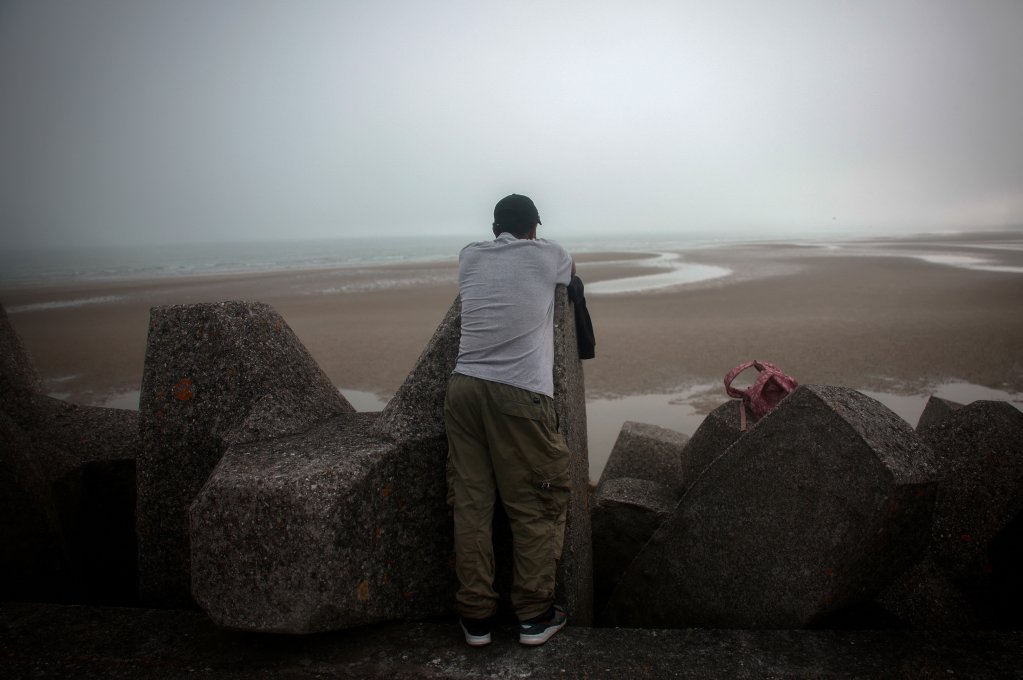
Starmer said that the scheme was designed to show people that if you tried to cross the Channel irregularly, "you would end up where you started."
However, Lachlan Macrae, an aid worker with the Calais Food Collective, told the BBC after the press conference that his organization and their partners felt this was just "another Rwanda-style gimmick, which won't solve the actual issue."
Macron said that organizations supporting migrants in northern France feared that increasing police intervention would have "deadly consequences," just adding to the already chaotic scenes on the beaches and in the water.
"This is just twisting our obligation to human rights," said Macron via video link, emphasizing that 50 people a week was not an "accessible or truly safe route. "This is a game of political football and they are playing with people's lives," said Macron vehemently. He called for proper processing centers in northern France so that people could apply safely for asylum. Putting that in place, said Macron, is the only viable option to really stop the smugglers.
'We all agree the situation in the Channel cannot go on as it is'
The day before Thursday’s summit began, Starmer told journalists at his Downing St Office, flanked by President Macron, "we all agree the situation in the Channel cannot go on as it is."
Once again, Starmer promised that the authorities in both countries were "bringing in new tactics to play, and a new level of intent to tackle illegal migration and break the business model of a criminal gang."

For his part, ahead of the summit, Macron called on the UK to address what he described as "migration pull factors." Macron and other politicians in France think that one of the factors attracting migrants to the UK might be the relative ease of being able to work illegally in the country without legal residential status. This is partly due to the fact that Britain has no system of official ID card, so proof of address is often limited to producing a utility bill.
Starmer however, underlined how his government had "toughened the system over the past year" in office "to ensure rules are respected and enforced, including a massive surge in illegal working arrests to end the false promise of jobs that are used to sell spaces on boats," detailed a UK government press release.
The British government added that they have been working to address illegal employment culture. Recently announcing greater fines and other stricter policy measures, targeting both employers and employees who might be attempting under the table work.
Read Also'Four to five crossing attempts per day': Small boats overwhelm coastline from Calais to Gravelines
A deal difficult to reach
According to reports on the BBC on Thursday morning, ahead of the official announcement, the deal was proving difficult to reach, and necessitated intense negotiations, continuing late into the night and starting early again on Thursday morning.
Part of the problem, speculated various political correspondents, was that the rest of France's EU partners would not be happy if the two countries reached a bilateral agreement that might affect other EU countries too. Macron has repeatedly referred to any deal needing to be accepted across the EU before France is able to agree to it.
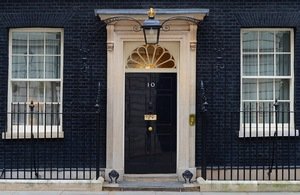
The tightening of migration policies is top of the agenda, not just in the EU, but across many of its member states too. Sending migrants back to France might eventually entail France being able, via the Dublin regulation, to send them on to the first EU state of entry, which might be Italy, Spain, Greece, or Romania or possibly Bulgaria. Many of those state governments are already not keen to accept the return of migrants from countries like Germany.
Read Also Macron and Starmer discuss tougher joint measures to curb Channel migrant crossings
Arrivals in the UK
In the past, however, interviews conducted by various media outlets among migrants in France suggest that official migration policy has little influence on people’s decisions to migrate. Many migrants in Calais report trying repeatedly before they finally make it to Britain.
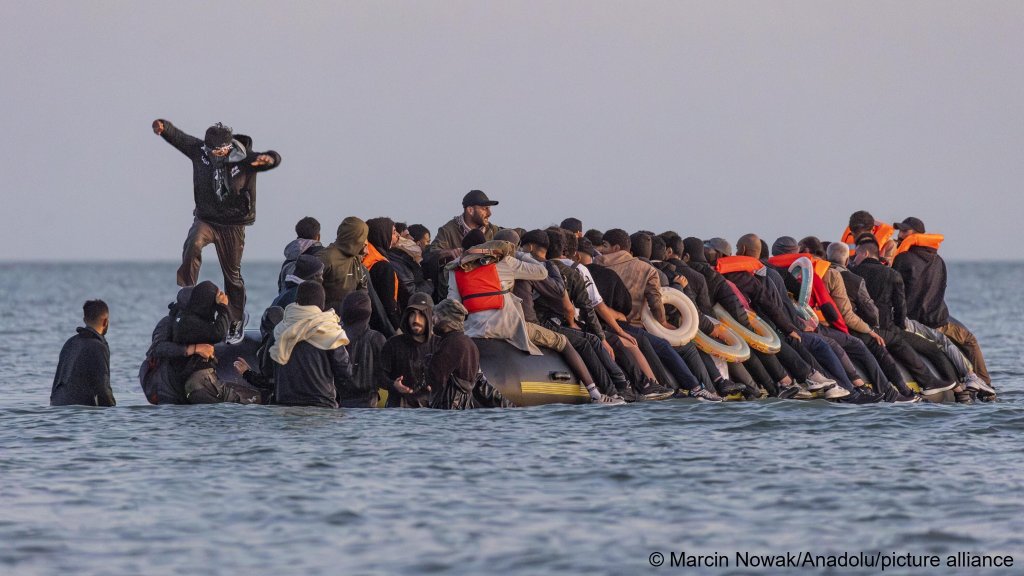
In 2024, more than 35,000 people crossed the Channel from France to the UK. If arrival numbers continue at the pace they have been going this year, 2025 is set to break that record. UK government data shows that up until July 9, more than 21,000 migrants (21,117) crossed the Channel to the UK on small boats.
Along with deals on migration, Starmer and Macron also looked at strengthening their cooperation on defense and nuclear cooperation, as well as pledging to stand by Ukraine as it attempts to stand up to Russia.
As the two leaders, and their officials, were talking, the BBC reported that at least 220 migrants had arrived in Dover, brought in by Border Force vessels to the English port. The BBC said the migrants would be taken first to the Manston processing center in Kent and then sent to various accommodation options around the country.
